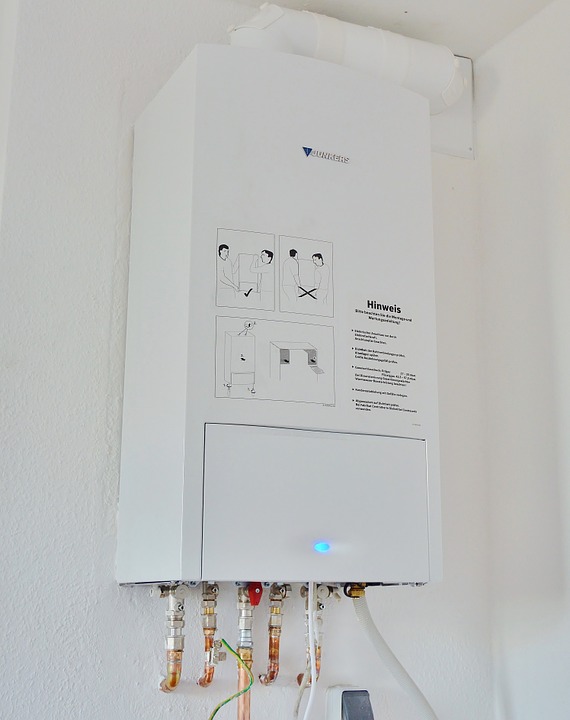Water Heater and Its Types
If you live in an area where the weather is consistently cold, a water heater is a necessity in every house. It’s a good investment, especially when it comes to your comfort and health. As technology advances, different kinds of water heaters are now available, depending on your preference. It’s essential to consider and to know all options available before you make your purchase, as this would potentially be a long time investment.
Two Primary Types
Tankless Water Heater
This is one of the most commonly seen in modern houses. The tankless water heater, as the name implies, has no tank, and instead, it contains a coil that heats the water as needed. It is highly efficient since it only heats up whenever you need hot water. However, if you need a continuous supply of hot water, it may not be applicable to its job. The high demand for hot water can also cause early wearing off of the coil or element.
Storage Tank Water Heater
On the other hand, the storage-tank water heater has an insulated tank that effectively stores your hot water. The container can come in different sizes, depending on the number of people in your household. It’s ideal for families and a large group of people.
Fuel Type
You will have to know what type of fuel source is right for you before you buy a water heater. Here are three types:
Natural Gas
If you’re looking for saving money, gas tankless water heater is the right one for you. It utilized fossil fuel that is emitted by organisms that decompose from the ground. However, since it uses fossil fuels, it functions as a greenhouse gas, which is not ideal if you’re planning to save the environment.
Propane
Now, this is an environmentally friendly alternative to natural gas. It is a clean-burning gas that produces less carbon monoxide. However, it costs more than natural gas. Propane is usually used by rural areas where there’s a limited source of natural gas.
Electric
Most homes use the electric type of gas heaters, as this is the most eco-friendly of all. It’s typically cheaper to install than gas water heaters. If you’re into saving the environment and have a few bucks to spare, this is the best type for you.

